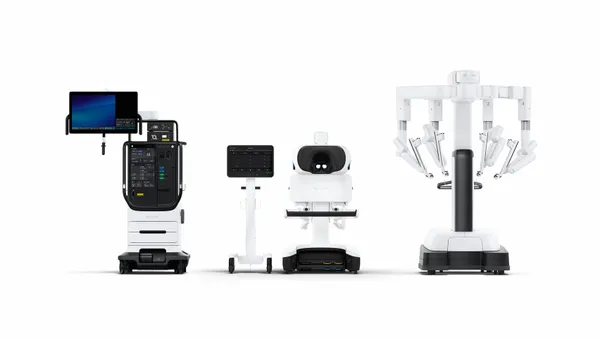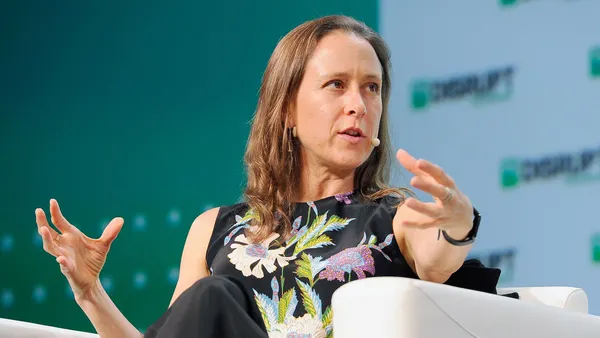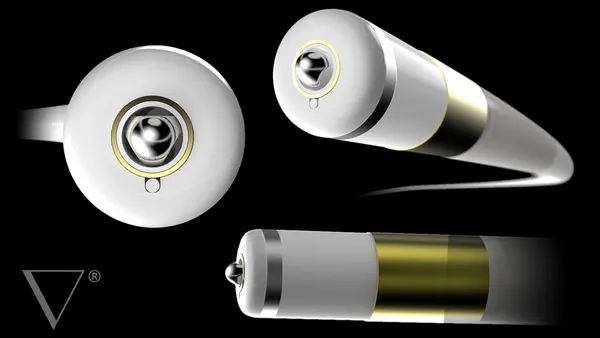Dive Brief:
- Edwards Lifesciences posted first quarter earnings, excluding special items, of $1.32 a share, 10 cents above the average analyst forecast. Sales in the quarter of $993 million also exceeded analyst expectations.
- CEO Michael Mussallem said the year is off to an "exciting start" after the company presented key data in March showing low surgical risk patients did as well or better after receiving the company's transcatheter aortic valve replacement (TAVR) device, compared to patients who underwent open heart surgery.
- The Irvine, California-based medical device maker maintained its forecast for total 2019 sales of $3.9 billion to $4.3 billion, with TAVR sales pegged at $2.4 billion to $2.7 billion. It raised its full-year 2019 adjusted earnings per share guidance to $5.10 to $5.35 from $5.05 to $5.30 previously.
Dive Insight:
Edwards' much-anticipated Partner 3 study data, unveiled at the American College of Cardiology meeting in March, was described as a game-changer by doctors attending the meeting and is expected to increase demand for the minimally invasive heart valve procedure.
The company continues to expect FDA approval for an expanded indication for low-risk patients late this year.
Jefferies analysts, in a note after the Tuesday afternoon earnings results, said "2019 will be another big year in transcatheter therapies," with Edwards "well positioned for sustained 10%-plus growth."
Edwards said the number of U.S. TAVR procedures saw a low-double-digit increase in the first quarter, compared to a year ago, with growth highest in newer and smaller centers. Market growth rates were comparable outside the United States, but the company's procedure growth was slightly lower.
"Results and commentary on EU ... suggest pricing dynamics remain challenging with reimbursement cuts creating an opening for lower priced competition," the Jefferies analysts wrote.
Overall in the first quarter, Edwards posted a net profit of $249.7 million, or $1.18 per share, on 11% growth in sales.
On the earnings conference call, Mussallem commented on a recently released national coverage decision (NCD) for TAVR, saying the proposal "better reflects today's practices and the needs of patients," particularly in underserved populations. The policy shift would move toward measuring hospitals quality outcomes rather than procedural volumes.
"We believe that the old NCD is outdated and clearly needed to be modernized," Mussallem said. "Directionally we feel like the draft moves in the right direction. We're optimistic that the final rule is going to be an improvement over the current NCD."
Edwards is also rolling out a mitral valve replacement product in Europe called Pascal after receiving CE Mark approval in the first quarter. The company projected modest revenue of $40 million in 2019 in its division responsible for the valve. Edwards expects the global opportunity for mitral and tricuspid valves to reach $3 billion by 2024. The company also is in the process of enrolling patients in a U.S. clinical trial to study the Pascal valve for treating mitral valve disease.
The company said last week it closed the $100 million acquisition of CAS Medical Systems, which makes non-invasive technologies for monitoring tissue oxygen levels in the brain.












